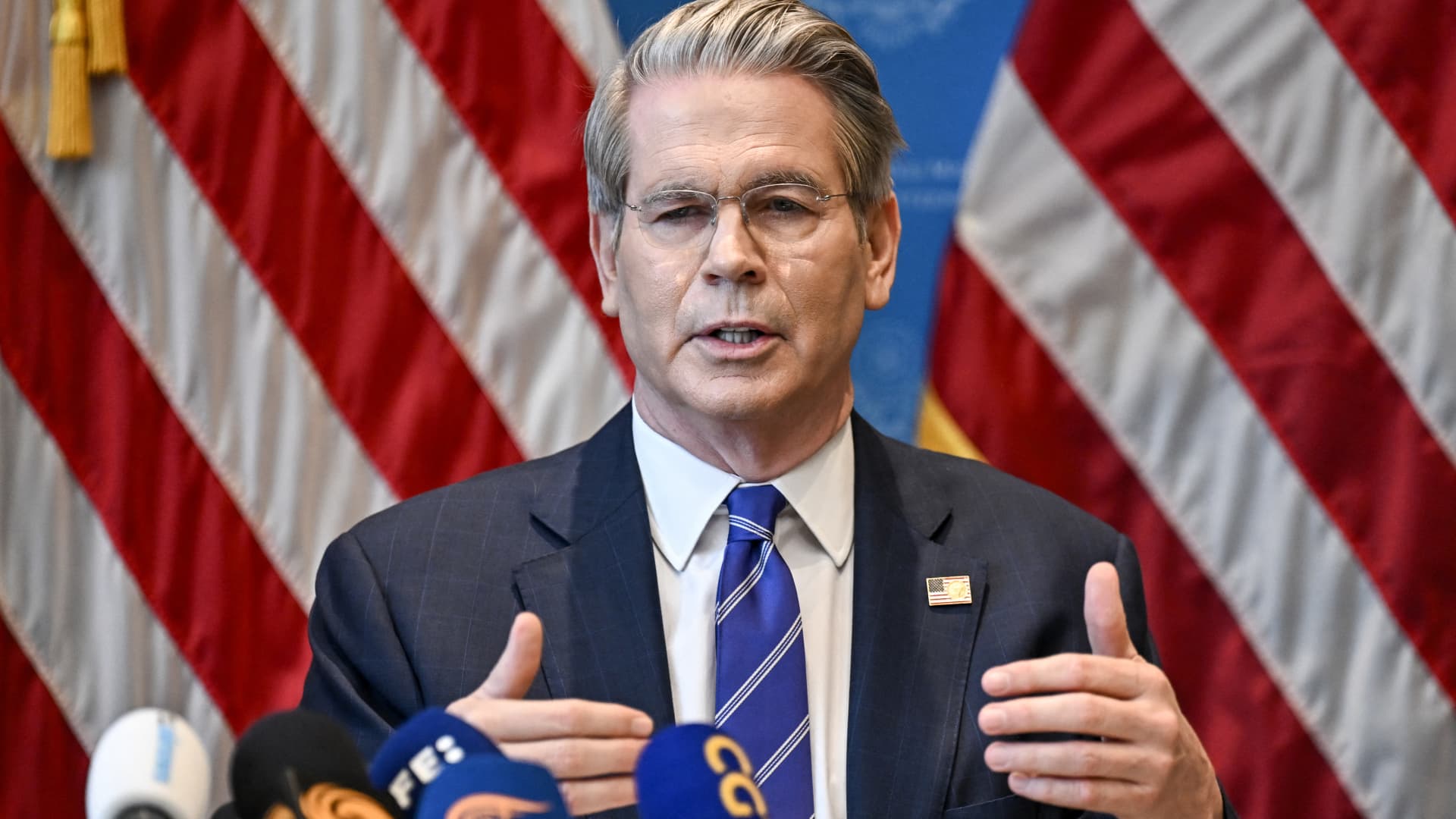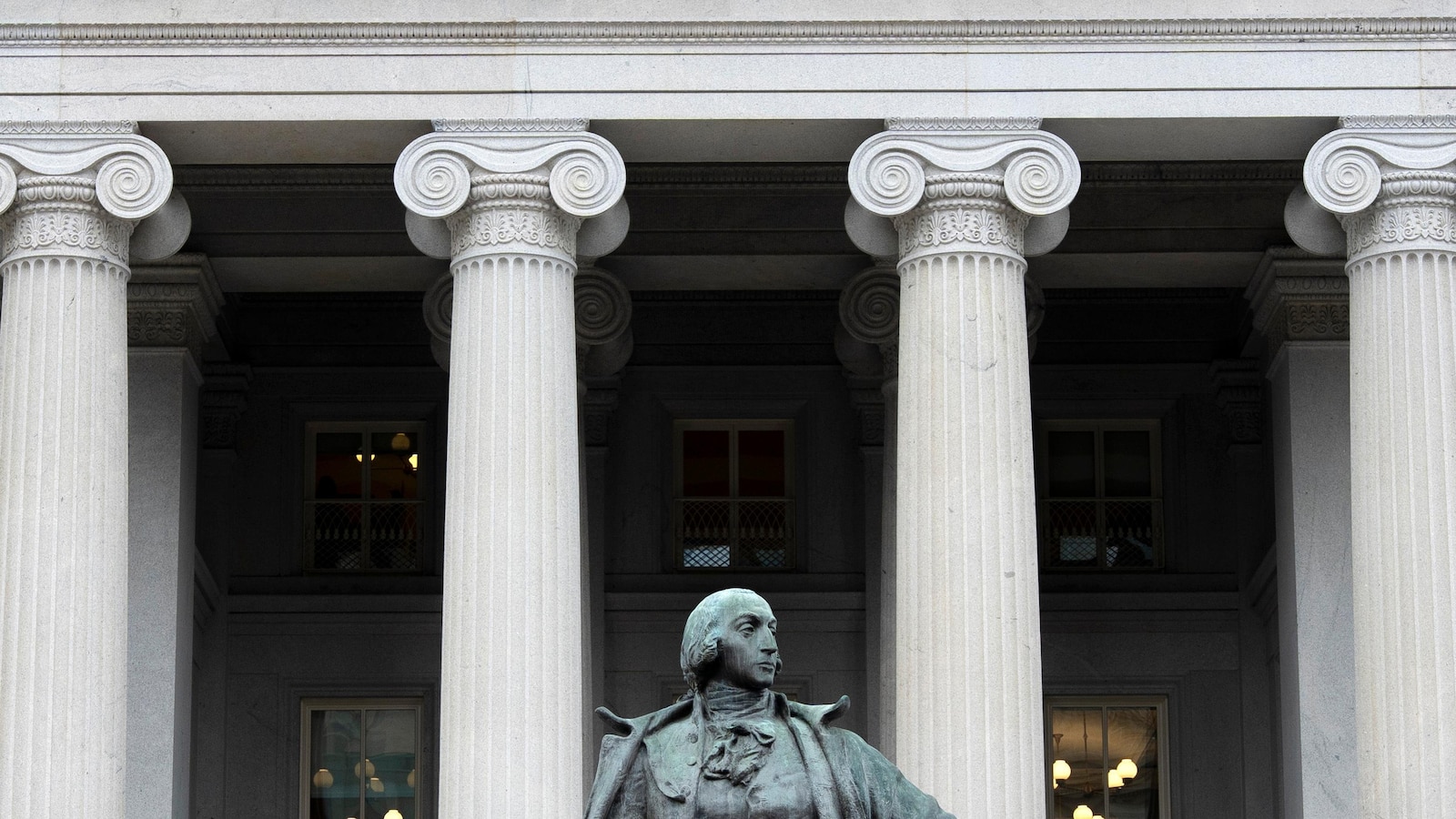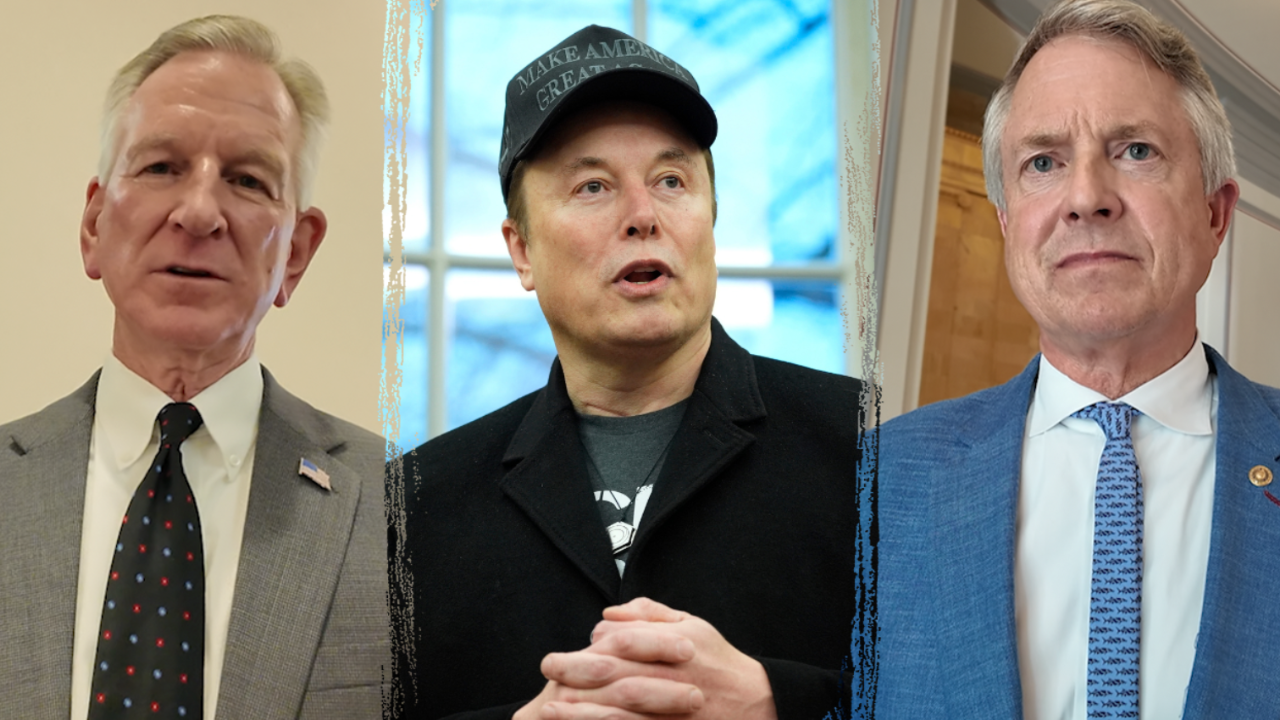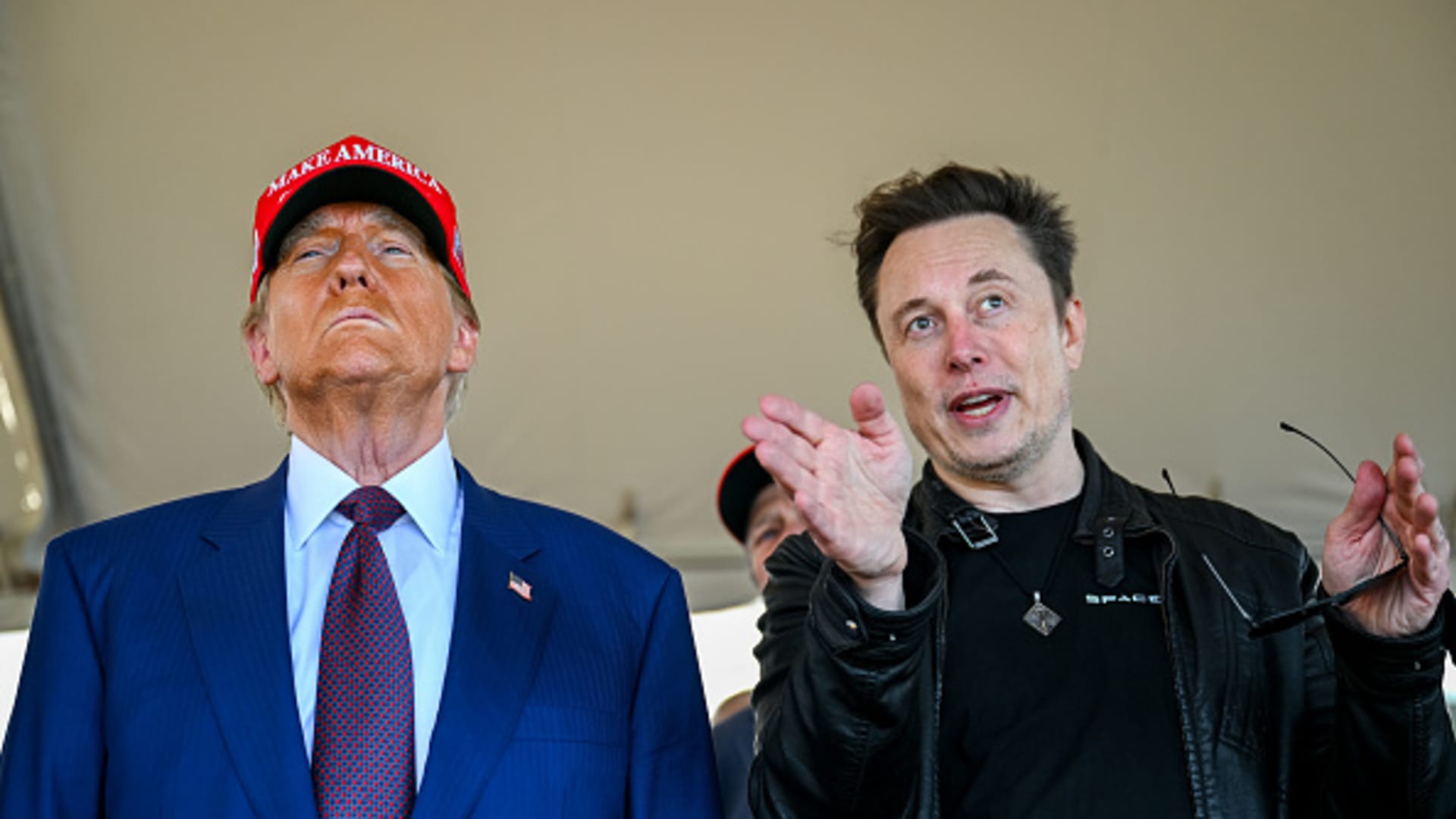
Treasury Secretary Scott Bessent said Monday that the trade agreement reached over the weekend represents another stage in the U.S. shaking its reliance on Chinese products.
Though the U.S. “decoupling” itself from its need for cheap imports from China has been discussed for years, the process has been a slow one and unlikely to ever mean a complete break.
However, Bessent said there are now specific elements of decoupling in place that are vital to U.S. interests. The U.S. imported nearly $440 billion in goods from China in 2024, running a $295.4 billion trade deficit.
“We do not want a generalized decoupling from China,” he said during an interview on CNBC’s “Squawk Box.” “But what we do want is a decoupling for strategic necessities, which we were unable to obtain during Covid and we realized that efficient supply chains were not resilient supply chains.”
When the pandemic struck in 2020, demand in the U.S. shifted from one reliant more on services to a greater focus on goods. That meant greater difficulty in obtaining material for multiple products including big-ticket appliances and automobiles. The technology industry, with its reliance on semiconductors, was also hit. What followed was an inflation surge in the U.S. not seen in more than 40 years.
The details of the U.S.-China pact are still sketchy, but U.S. officials have said so-called reciprocal tariffs will be suspended though broad-based 10% duties will remain in effect.
“We are going to create our own steel. [Tariffs] protect our steel industry. They work on critical medicines, on semiconductors,” Bessent said. “We are doing that, and the reciprocal tariffs have nothing to do with the specific-industry tariffs.”
The agreement between the two sides is essentially a 90-day pause that will see reciprocal duties halted though the 10% tariff as well as a 20% charge related to fentanyl remain in place.
Bessent expressed encouragement on the fentanyl issue in which Chinese officials “are now serious about assisting the U.S. in stopping the flow of precursor drugs.” Bessent did not indicate a specific date when the next round of talks will be held but indicated it should be in the next several weeks.
bessent-sees-tariff-agreement-as-progress-in-strategic-decoupling-with-china














Leave a Reply